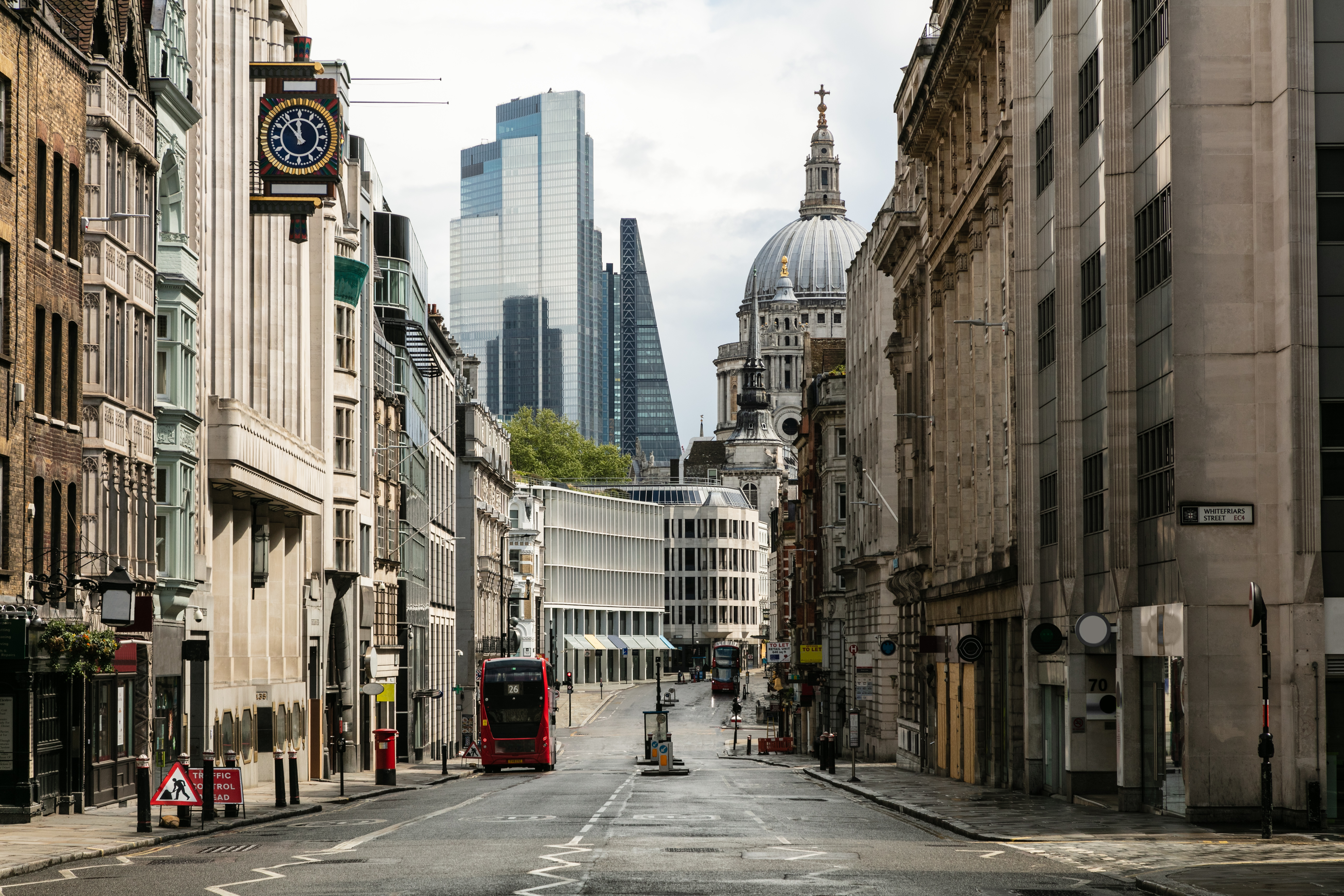What everyone is talking about this week: 'People who tended to be more obedient about lockdown are now its fiercest critics'
Week in, week out, Will Hosie rounds up the hottest topics on everyone's lips, in London and beyond.


Exquisite houses, the beauty of Nature, and how to get the most from your life, straight to your inbox.
You are now subscribed
Your newsletter sign-up was successful
Was it five years ago already?
The pandemic was a period we’re told we’d all rather forget. Yet half a decade after the end of the first lockdown (July 2020), many look back on those eerie times with an odd sense of nostalgia. For those living in the countryside, especially, quarantine allowed us to rekindle the pastoral idyll and rediscover the quiet joys of a smaller, homelier life before a summer of staycations. Although the sight of a deserted Trafalgar Square might have inspired a kind of post-apocalyptic malaise, that of empty rolling hills under cloudless skies felt — and still feels — irresistibly peaceful.
In the current political climate, I daresay it sounds rather inviting. Still, as partygoers continue to recover from Glastonbury, a sense that ‘people need people’ — pervasive by the end of lockdown — is equally compelling.
A quiet reckoning is sweeping the national conversation — although it’s largely happening behind closed doors, at small family dinners or catch-ups between close friends. Even the chattering classes are coming around to the idea that perhaps we went too far in closing, I don’t know… primary schools?
The question everyone seems to ask as they embark upon the topic of lockdowns is this: although it would have been criminal for me to flout the rules, was I no less of a sheep for dutifully following them? From speaking to friends and colleagues of all ages, one thing I’ve realised is that people who tended to be more obedient about lockdown are now its fiercest critics, whereas those who were looser and more liberal with their interpretation of the rules tend to defend its merits — much like Boris Johnson.
It’s hard to tell whether the damage inflicted by lockdown — the erosion of trust in our leaders or the mental-health crisis — will outdo that which would have been inflicted by the virus had it not been contained. Yet two years out from the final publication of the covid inquiry (expected in 2027), the mood of the nation is revealing. In my orbit, at least, even political moderates no longer hesitate to describe our covid policy as totalitarian.
Anyone for tennis?
A post shared by Ralph Lauren (@ralphlauren)
A photo posted by on
Wimbledon caps at the ready: sports merch is having a moment. If every Tom, Dick and Harry you know is cosplaying as an athlete, it’s because fashion and lifestyle brands are doing an excellent job of building hype for the ‘sporty and rich’ aesthetic. I use inverted commas because that is, literally, the name of a label doing exactly this. The minds behind Orlebar Brown, for their part, have partnered with hotel group Byblos on a line of blue and orange polo shirts (€250 — about £210 — apiece) and Aman Resorts is selling monogrammed courtside apparel.
Merch is as good a status symbol as any in the online era, where luxury lifestyles appear more pervasive than they actually are. Not all merch is created equal, however. Since London’s most hedonistic hotel, Chiltern Firehouse, suffered a poetic injustice after a pizza oven malfunctioned and caught fire in February, guests who had happened to hold onto their Chiltern-branded dressing gowns have seen their value surge.
Exquisite houses, the beauty of Nature, and how to get the most from your life, straight to your inbox.
One building’s demise is another wardrobe’s gain.
Long live print!
In good news for those working in print media, magazines are trending again. Last month, Chanel launched its own Arts & Culture journal to celebrate the fashion house’s long-standing collaborations with artists and institutions.
Across the pond, teenagers in Montauk, US, have given local reporting a makeover by launching The Ditch Weekly, a seasonal newspaper about local life in The Hamptons (it’s not all billionaires and landing pads). Niche fashion magazines — or, as art-school students call them, ‘zines’ — are also back with a vengeance: names such as Cultured, L’Etiquette and Polyester are sating appetites for striking editorial in an increasingly homogenous environment led by social-media algorithms.
Long live difference, I say.
This feature originally appeared in the July 2, 2025, issue of Country Life. Click here for more information on how to subscribe
Will Hosie is Country Life's Lifestyle Editor and a contributor to A Rabbit's Foot and Semaine. He also edits the Substack @gauchemagazine. He not so secretly thinks Stanely Tucci should've won an Oscar for his role in The Devil Wears Prada.
